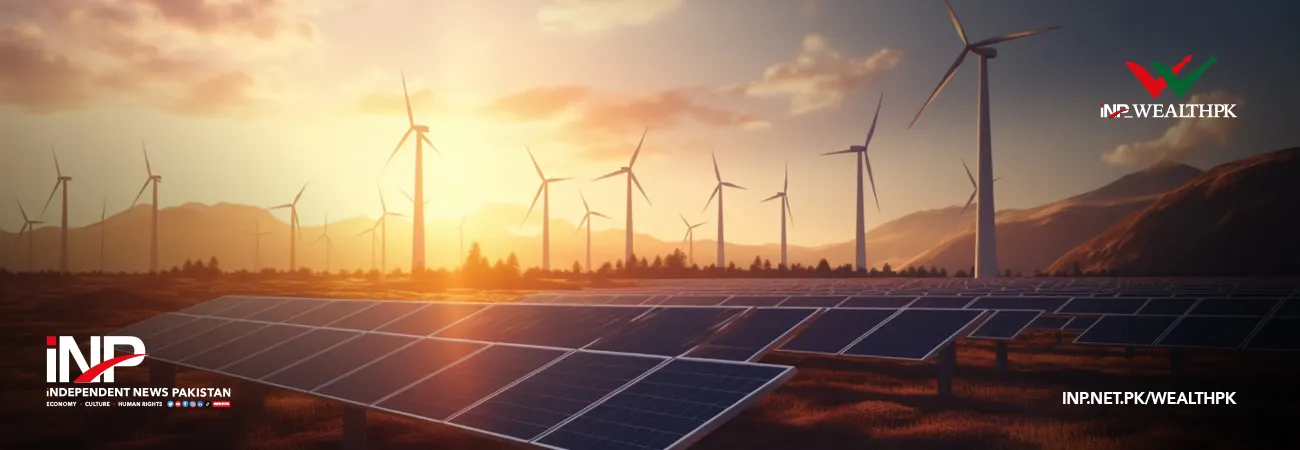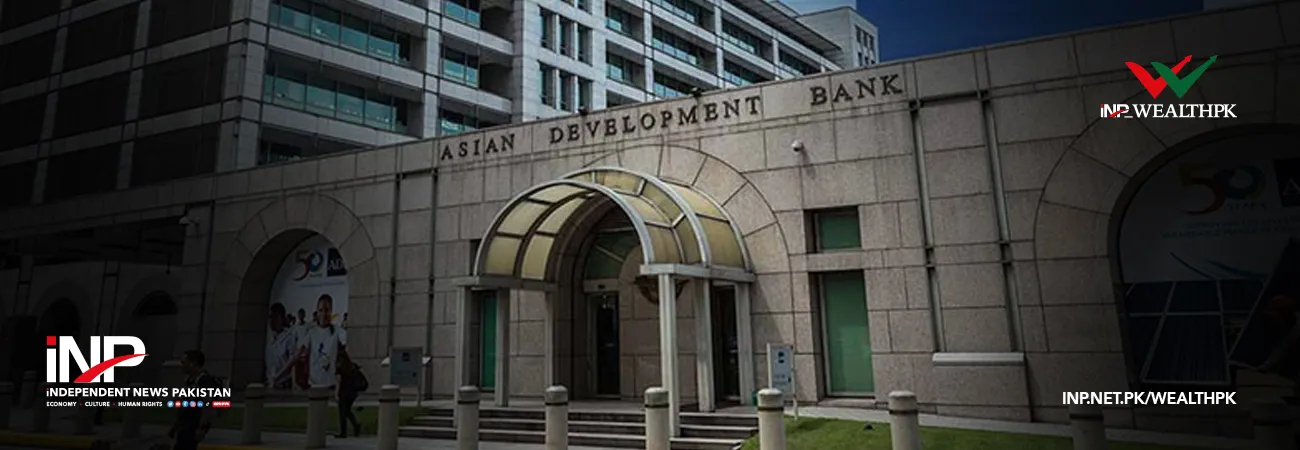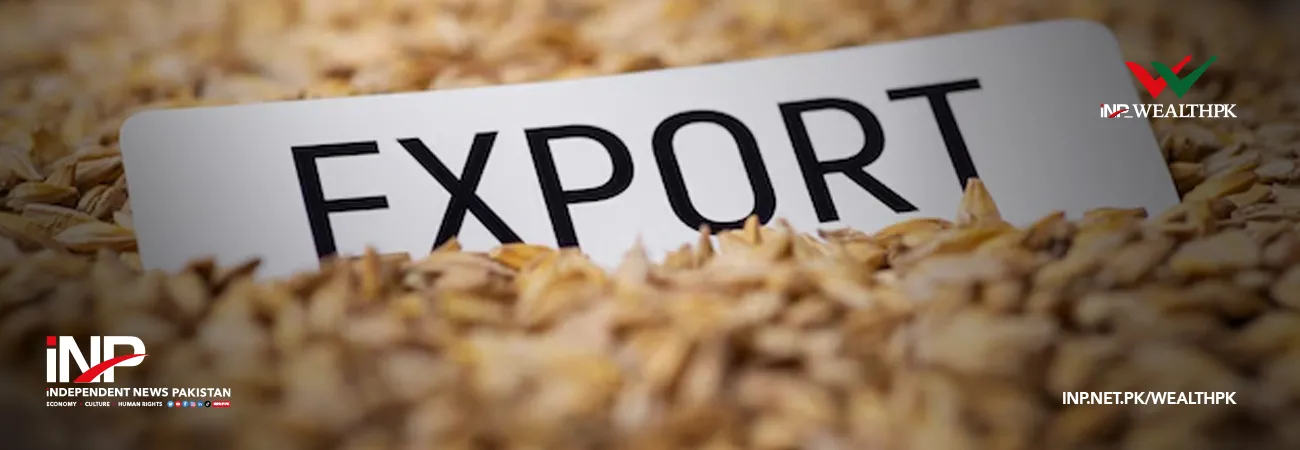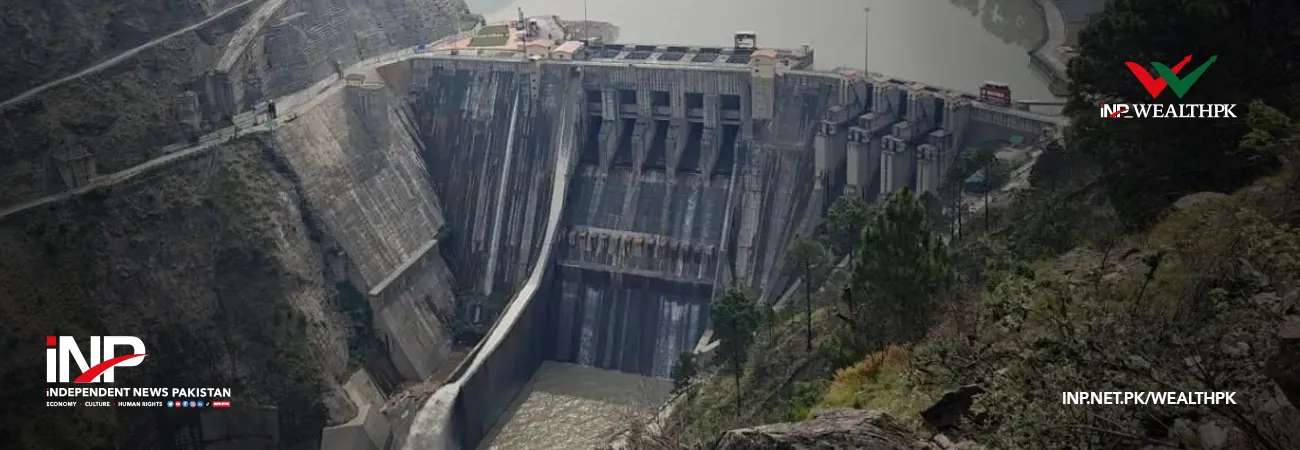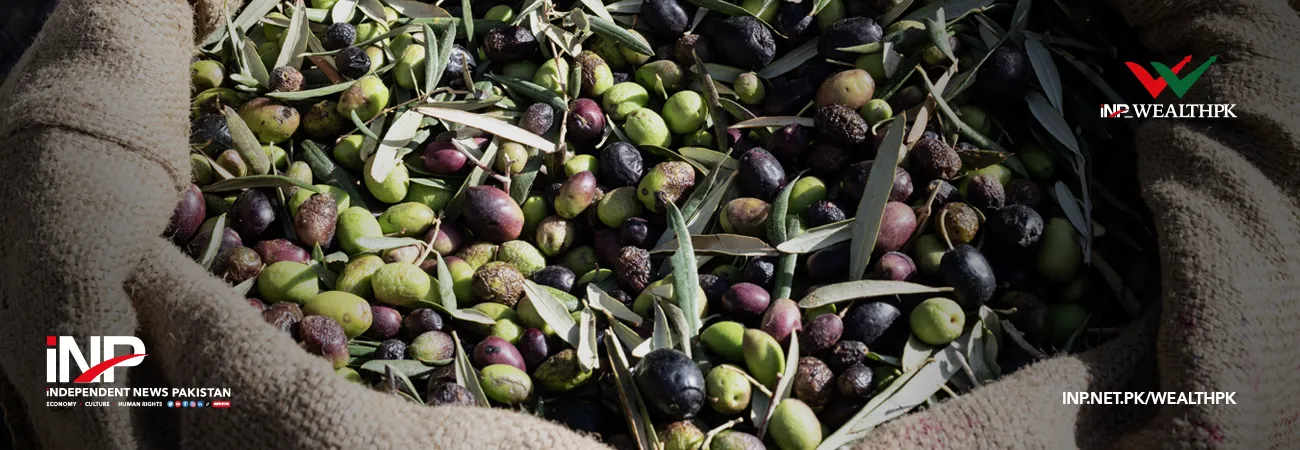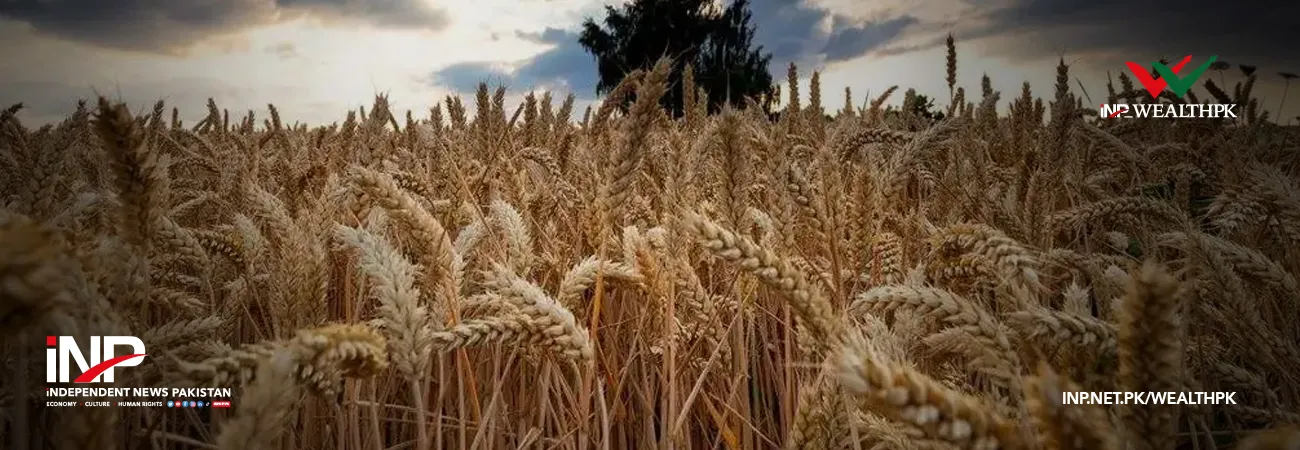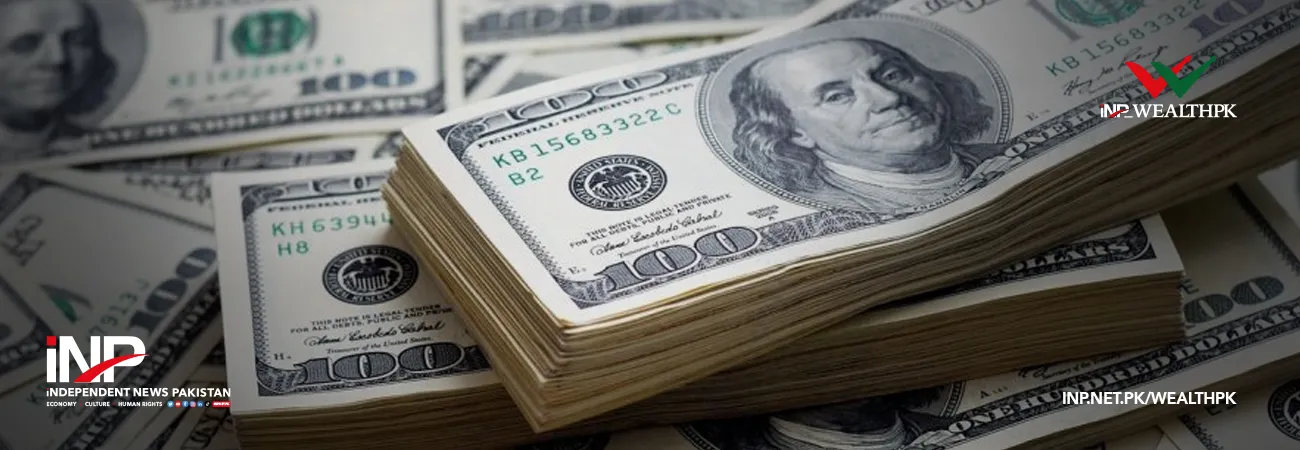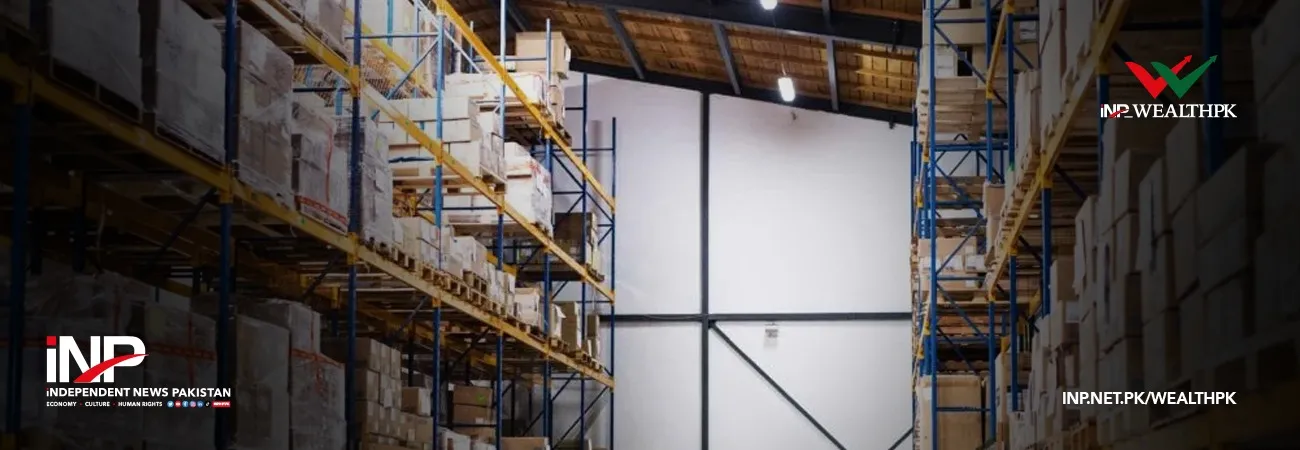INP-WealthPk
Muhammad Saleem
Climate change is rapidly impacting the agriculture sector, necessitating immediate action to avert a food crisis and save both the local and national economies.
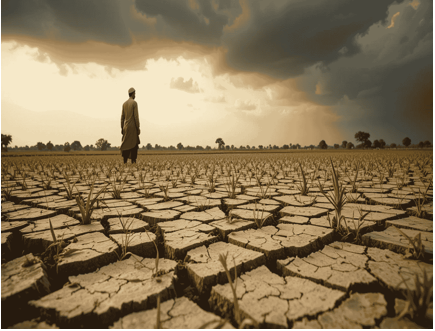
Talking to WealthPK, Dr. Abbas from the University of Agriculture Faisalabad said, “We are dragging our feet on understanding the impact of climate change, which will seriously affect every industry, whether agriculture, textiles, or any other sector in future. It is the need of the hour to focus on climate change, which is transforming every sector rapidly.”
Agriculture is the backbone of Pakistan's economy, contributing a lot to the GDP and providing jobs to millions – directly and indirectly. This vital sector is in a risky situation due to climate change, which is disrupting the traditional cultivation patterns. Unpredictable rainfall patterns and rising temperatures are hitting crop yields, posing a serious threat to farmers, consumers, and the national economy.
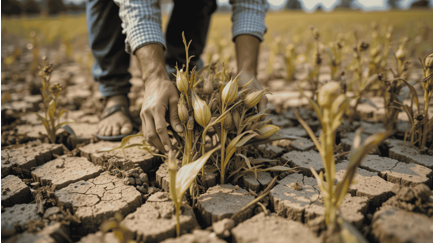
Agricultural economists warn that wheat, rice, cotton, maize and other staple crops’ yields will decline in future due to climate change if immediate action is not taken at the government level. “As an agricultural country, we will not be in a position to absorb the consequences of these declines. In case of a food crisis, millions could fall into poverty, ultimately leading to malnutrition.
We are already feeling the heat from extreme weather events like floods and droughts. Such events are inflicting colossal losses on Pakistan and badly hitting the agriculture sector,” said Dr Abbas. “We have to improve our irrigation systems and develop drought-resistant crop varieties. We will face social unrest due to food insecurity and a shattered economy if we fail to rise to the occasion,” he suggested.
Speaking with WealthPK, Ahmed Ali, an energy sector expert, said, “We must improve our energy sector, as it contributes a lot to climate change in Pakistan.”Explaining his stance, he said fossil fuels are the root of the problem, not only impacting the environment but also creating health issues for the public. He claimed that currently fossil fuels make up around 40 percent of the energy mix.
The industries are using multiple sources like coal, corn cobs, wood, plastic shoes, and other materials to power their machinery. The hazardous emissions are further polluting the environment and worsening the smog phenomenon. This situation is bringing the life to a standstill, forcing the closure of public and private transport along with the business shutdown. To avoid climate change impacts, he suggested immediate shift to renewable energy sources.
He said sunlight and wind are crucial for reducing emissions and urged policymakers to pump money into solar projects and electric vehicles to tackle the serious challenge of climate change and protect the people from financial and health crises. A strong political will and public awareness are mandatory, as powerful lobbies will resist change. Besides, the government needs to change the outdated policies which are hindering transition.
Credit: INP-WealthPk



